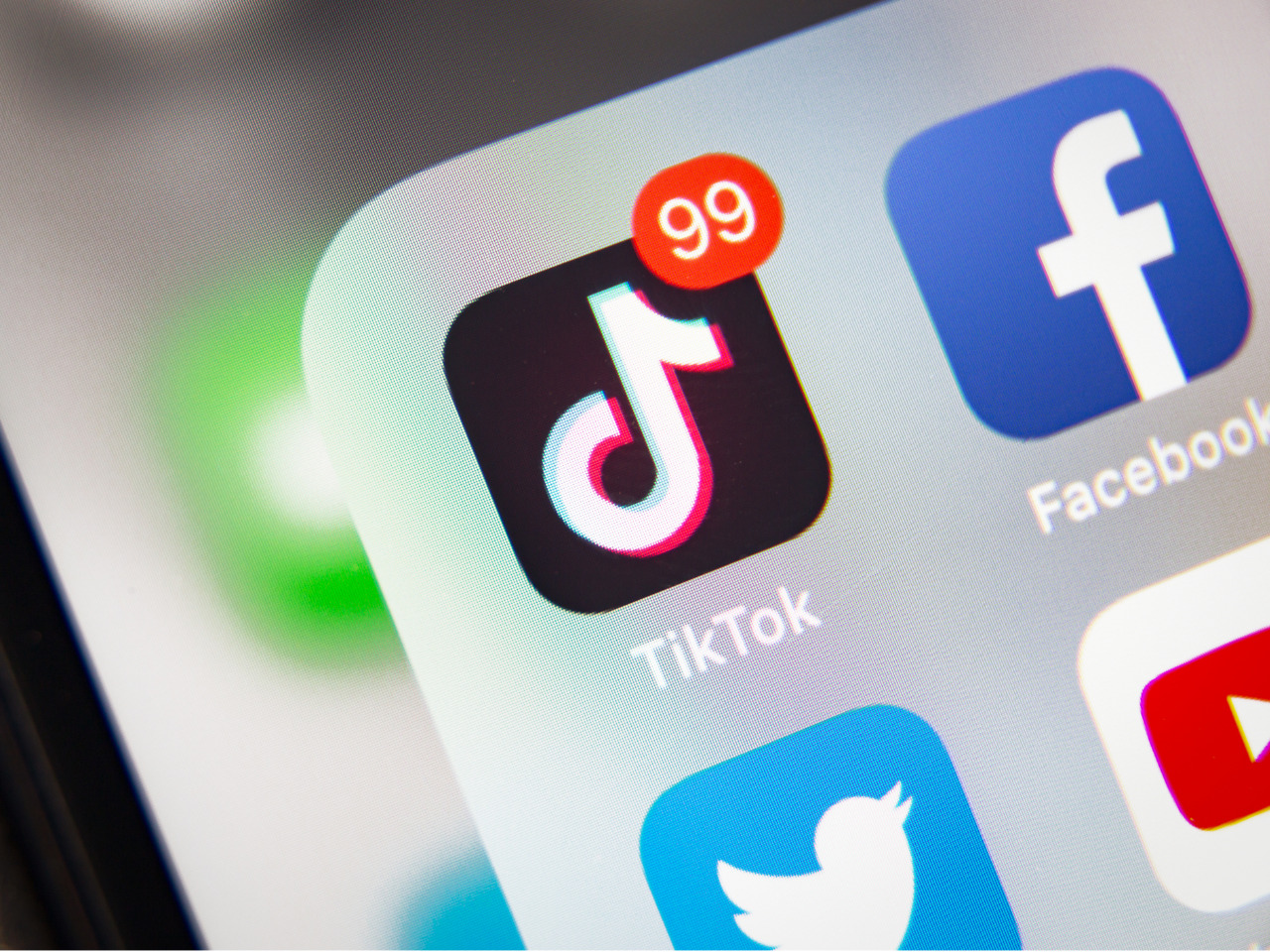No haha it's an inside joke about me having all these social media platforms.You want to date @webby?
Navigation
Install the app
How to install the app on iOS
Follow along with the video below to see how to install our site as a web app on your home screen.
Note: This feature may not be available in some browsers.
More options
You are using an out of date browser. It may not display this or other websites correctly.
You should upgrade or use an alternative browser.
You should upgrade or use an alternative browser.
What are your thoughts about online dating?
- Thread starter angine
- Start date
Dad
Well-Known Member
I'll date him if you wont
- Staff
- #23
- 57,189
- 24,347
Dad
Well-Known Member

Why is he talking to a bird?
- Staff
- #26
- 57,189
- 24,347
You don’t talk to birds?Why is he talking to a bird?
Dad
Well-Known Member
Don't question my boyfriends interests in birds and talking with them
- Staff
- #28
- 10,427
- 7,071
- Vehicle Model
- Toyota Tacoma TRD Sport
- Body Style
- @bootyluvr hates hatches
Shitty pic.....I had an instagram for a while and I still have a snapchat that I get one every once in a while
I'm going to have to judge this beard for myself
Attachments
Dad
Well-Known Member
- Staff
- #31
- 57,189
- 24,347
Dad
Well-Known Member
Does a Civic forum count as an online dating website?
- Staff
- #33
i think a few members have met SOs through civic forumsDoes a Civic forum count as an online dating website?
- Staff
- #35
- 57,189
- 24,347
I have IG, SnapChat, TikTok, Facebook, Twitter (rarely use).
Come at me @webby :fightmebro:
TikTok Quietly Updated Privacy Policy to Collect Faceprints and Voiceprints
TikTok, one of the most downloaded apps of 2021 so far, decided to quietly update its privacy policy to collect biometric identifiers and biometric information know in the US as faceprints and voiceprints. The trendy app, owned by the Chinese internet technology company ByteDance, added a new section to its privacy policy called ‘Image and Audio Information.’
With the bold move, the Beijing-based company can now automatically collect those new types of biometric data. According to the updated privacy policy, the data will be used for non-personally-identifying operations such as enabling special video effects, content moderation, demographic classification, and ad recommendations.
Even though that TikTok’s privacy policy explicitly says that they do not sell personal information to third parties, they also leave the door open, saying that they can share business information, including faceprints and voiceprints, for business purposes. For an app that does not need this type of data to function, collecting such information might be seen as unjustified by many.
Data leaks are not uncommon, and many fear one day such information might end up in the wrong if mishandled. Violating privacy policies is not unusual for TikTok. ByteDance agreed to pay $92 million earlier this year, settling a class-action lawsuit for failing to adhere to the Illinois’ Biometric Information Privacy Act. TikTok took responsibility for sharing harvested personal information with third parties located worldwide, including China.
Another concern that looms over ByteDance is that the company might one day be forced by China’s ruling communist party to share such biometric information with the government. The one-hundred million Americans using the app once a month might not be thrilled to know that such data might potentially end up being used for sinister purposes such as re-identifying individuals without their consent or surveillance by a foreign government.
Some might say that such information does not belong in the hands of a single private company with members of the communist party working in its HQ in China’s capital. However, no one knows for sure if TikTok is a national security threat. The company’s US counterparts on many occasions have said that they have not been asked to share any information with the Chinese government, nor they would agree to do so if the Chinese government approaches them.
TikTok is used at least once a month by almost every third American; the app is extremely popular, with hundreds of millions of people using it every day. However, the trendy app data collections one day may end up being problematic. If you do not feel confident in TikTok, delete it from your device and ensure that you always have proper security protection installed on all your connected devices. Hackers like easy targets, and you have the choice to not be one.

TikTok Quietly Updated Privacy Policy to Collect Faceprints and Voiceprints
TikTok has violated privacy regulations before, and they are in position to share millions of American users' data with the Chinese government.
Extra glad that I don't use it now. They say they host all of their US data here in the states, but who could even verify that? Couple that with the fact that TikTok has no need for any of that Biometric data AT ALL makes this seem really fishy.TikTok Quietly Updated Privacy Policy to Collect Faceprints and Voiceprints
TikTok, one of the most downloaded apps of 2021 so far, decided to quietly update its privacy policy to collect biometric identifiers and biometric information know in the US as faceprints and voiceprints. The trendy app, owned by the Chinese internet technology company ByteDance, added a new section to its privacy policy called ‘Image and Audio Information.’
With the bold move, the Beijing-based company can now automatically collect those new types of biometric data. According to the updated privacy policy, the data will be used for non-personally-identifying operations such as enabling special video effects, content moderation, demographic classification, and ad recommendations.
Even though that TikTok’s privacy policy explicitly says that they do not sell personal information to third parties, they also leave the door open, saying that they can share business information, including faceprints and voiceprints, for business purposes. For an app that does not need this type of data to function, collecting such information might be seen as unjustified by many.
Data leaks are not uncommon, and many fear one day such information might end up in the wrong if mishandled. Violating privacy policies is not unusual for TikTok. ByteDance agreed to pay $92 million earlier this year, settling a class-action lawsuit for failing to adhere to the Illinois’ Biometric Information Privacy Act. TikTok took responsibility for sharing harvested personal information with third parties located worldwide, including China.
Another concern that looms over ByteDance is that the company might one day be forced by China’s ruling communist party to share such biometric information with the government. The one-hundred million Americans using the app once a month might not be thrilled to know that such data might potentially end up being used for sinister purposes such as re-identifying individuals without their consent or surveillance by a foreign government.
Some might say that such information does not belong in the hands of a single private company with members of the communist party working in its HQ in China’s capital. However, no one knows for sure if TikTok is a national security threat. The company’s US counterparts on many occasions have said that they have not been asked to share any information with the Chinese government, nor they would agree to do so if the Chinese government approaches them.
TikTok is used at least once a month by almost every third American; the app is extremely popular, with hundreds of millions of people using it every day. However, the trendy app data collections one day may end up being problematic. If you do not feel confident in TikTok, delete it from your device and ensure that you always have proper security protection installed on all your connected devices. Hackers like easy targets, and you have the choice to not be one.

TikTok Quietly Updated Privacy Policy to Collect Faceprints and Voiceprints
TikTok has violated privacy regulations before, and they are in position to share millions of American users' data with the Chinese government.www.pandasecurity.com
- Staff
- #37
- 57,189
- 24,347
a portion of tiktok being purchased by oracle & walmart hasn't gone through, but the plan was to bring US data to servers in the US.Extra glad that I don't use it now. They say they host all of their US data here in the states, but who could even verify that? Couple that with the fact that TikTok has no need for any of that Biometric data AT ALL makes this seem really fishy.
How much you pay for that?I started using webcam chats, there are so many girls.
Janz3n
Well-Known Member
LOL
Dad
Well-Known Member
what kind of chats?






